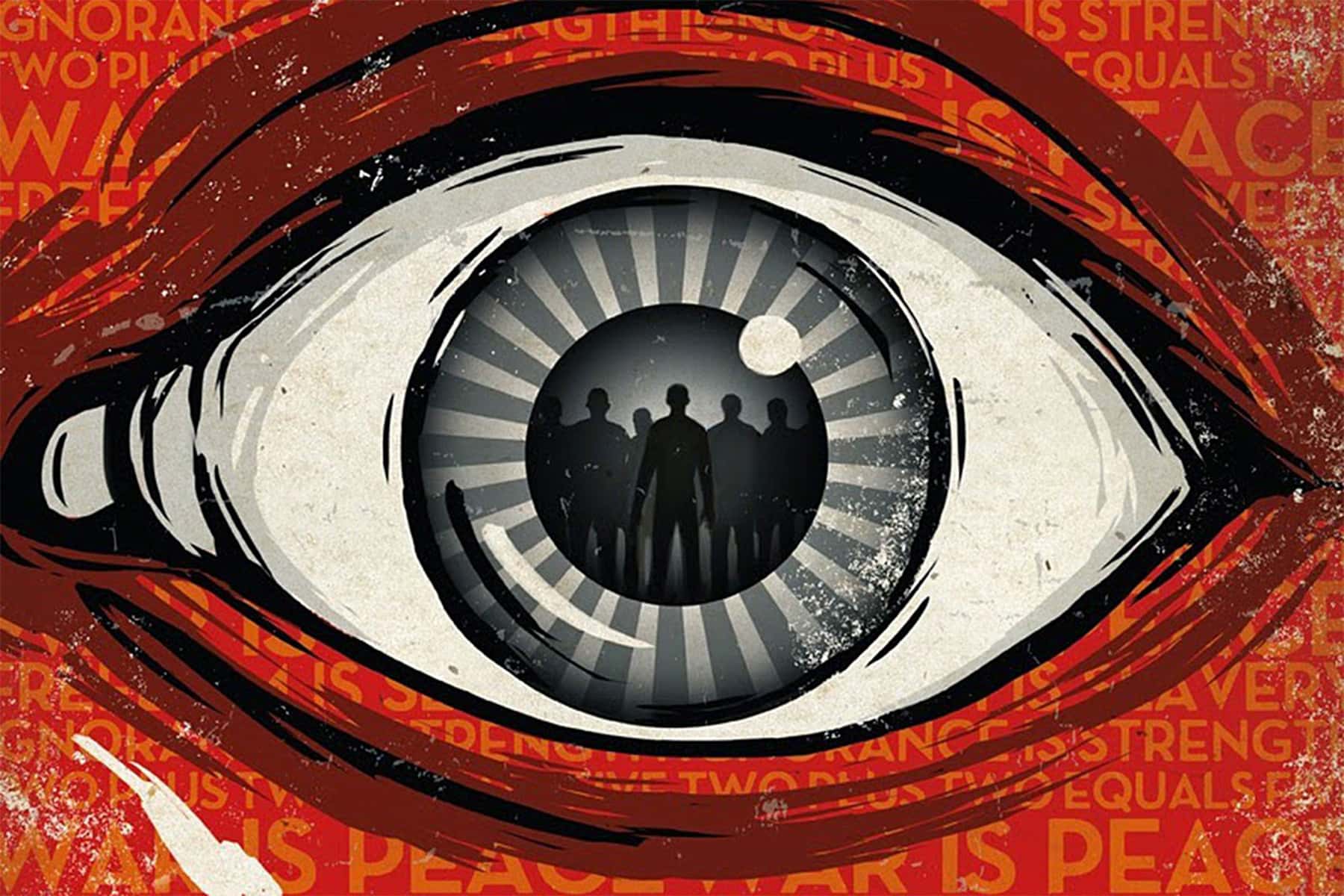
Michael Shelden, English professor at Indiana State University ( Author of " Orwell: The Authorized Biography," which was a finalist for the Pulitzer Prize. Professor of media history at the University of Westminster. Jean Seaton, director of The Orwell Foundation, which promotes George Orwell's work and awards the Orwell Prize for political writing ( Official historian of the BBC. We look at Orwell’s message for this generation. Here we are, 70 years later, with global authoritarianism on the rise, and fake news - and the manipulation of that very term itself - tearing at the fabric of democracy. In 1949, critics thought the book might lose its relevance after the fall of communism. Published 70 years ago this Saturday, the novel serves as a warning against absolute power of all kinds, against the manipulation of language, against the loss of independent thought. That shows you the timelessness and predictive power of Orwell’s "1984." That last one, "Truth isn’t truth," that’s from the President Trump’s personal attorney, Rudy Giuliani.

Sound familiar? They’re from George Orwell’s dark masterpiece, "1984." (Justin Sullivan/Getty Images) This article is more than 3 years old.īig Brother. "Day by day and almost minute by minute the past was brought up to date."Īfter the edits are made by Smith, the original copies are tossed down "memory holes," where they are incinerated.A copy of George Orwell's novel "1984" is displayed at The Last Bookstore on Januin Los Angeles, Calif. "This process of continuous alteration was applied not only to newspapers, but to books, periodicals, pamphlets, posters, leaflets, films, sound-tracks, cartoons, photographs - to every kind of literature or documentation which might conceivably hold any political or ideological significance. "As soon as all the corrections which happened to be necessary in any particular number of 'The Times' had been assembled and collated, that number would be reprinted, the original copy destroyed, and the corrected copy placed on the files in its stead." This passage, from an accurate edition of "1984," explains the process: The ministry, which is responsible for propaganda, employs Winston Smith - the novel's de-facto narrator and protagonist - to edit and amend literature, re-writing history as the ruling party sees fit.

Account icon An icon in the shape of a person's head and shoulders.


 0 kommentar(er)
0 kommentar(er)
